
CRIMINAL LAW ROUNDUP: A quick recap of the top criminal cases from March 2025
Top criminal cases on quashing of proceedings, arrest, bail, acquittal, and more.

Top criminal cases on quashing of proceedings, arrest, bail, acquittal, and more.
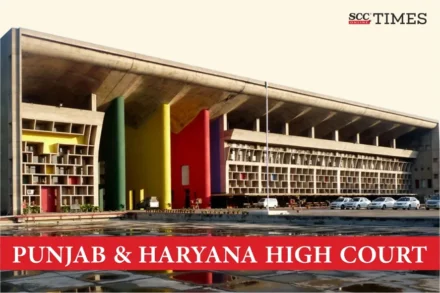
The Court stated that the Trial Court would examine whether the deceased took a drastic step of ending his life due to the regular and constant instigation of the accused or due to the weakness of his mental health.
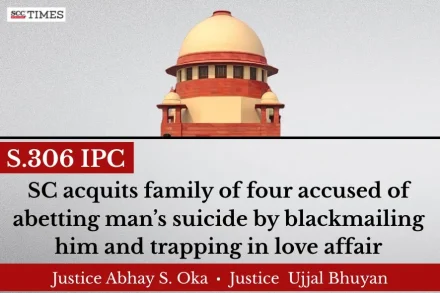
“Even if the suicide note is taken as correct and genuine, there was no act of incitement on the part of the accused persons proximate to the date on which the deceased committed suicide.”

On perusal of the arrest memo shows that though there is column providing for ‘reasons of arrest’ against which it is stated “for the purpose of fair investigation” but neither there is column for ‘grounds of arrest’ in the arrest memo nor it is the case of the prosecution that the ‘grounds of arrest’ were separately served upon the present petitioner at the time of his arrest.”
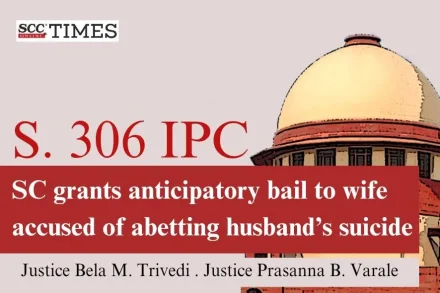
The husband and wife were married for about one and a half year, and due to continuous quarrels, the wife started living in her parental home along with their 6-month-old daughter at the time of the incident. During this period, the husband committed suicide.
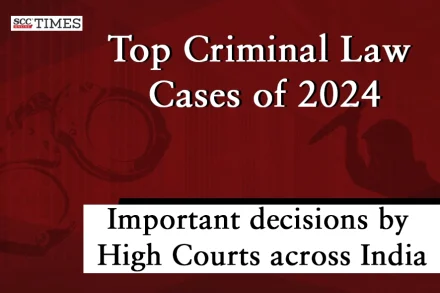
From Arvind Kejriwal’s bail to Atul Subhash case, cruelty to money laundering, maintenance to drugs, this legal round up will act as a quick summary of all the important criminal law cases of 2024.
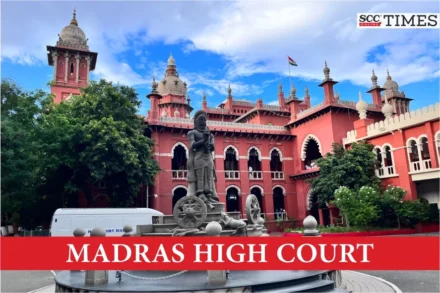
Madras High Court highlighted that the truth of the dying Declaration cannot be tested by this court while exercising the jurisdiction under Section 482 CrPC
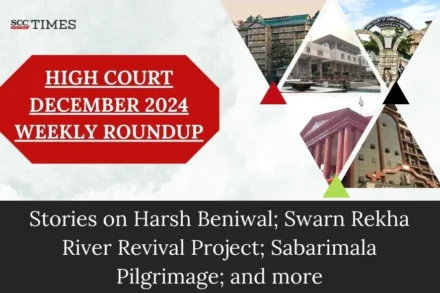
A quick legal roundup to cover important stories from all High Courts this week.

To attract the offence under Section 3061 of the Penal Code, 1860, clear mens rea to commit the offence must be established on applicant-accused’s part, as it requires active/direct act, leading the deceased to commit suicide.

To apply Section 3061 of the Penal Code, 1860, it is expected of prosecution to demonstrate that there is live link/active role played by appellant in instigating the suicide.
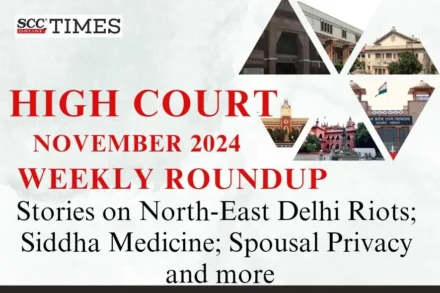
A quick legal roundup to cover important stories from all High Courts this week
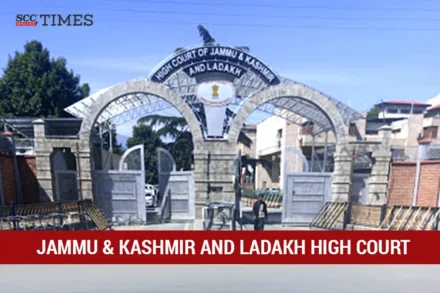
The Court stated that the presumption under Section 114-C of the Evidence Act regarding dowry deaths could not be applied without credible evidence of dowry harassment.
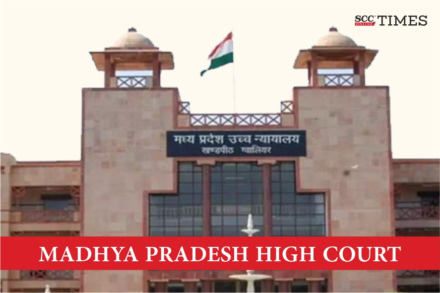
“Abetment requires a mental process of instigating or aiding a person in committing an act. Without a positive act of instigation or aiding, a charge under Section 306 IPC cannot be sustained.”
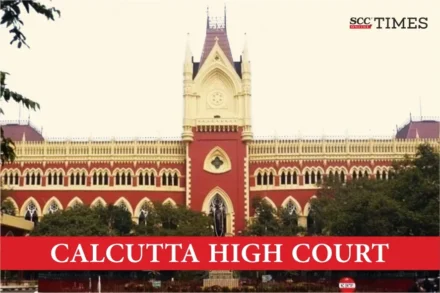
To constitute an offence under Section 306 of the Penal Code, there should be instances of abetment under Section 107.

The Court opined that this was a clear case where based on evidence collected by the Investigating Officer, respondent may, be held responsible for the deceased’s suicide, yet it cannot be said that the suicide committed by the deceased was abetted by the respondent.
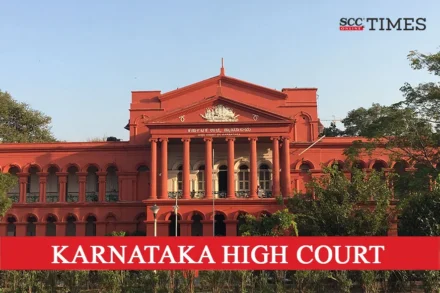
The Court quashed proceedings for abetment of suicide initiated against the husband who told a Priest of Church “to go hang himself” for having an illicit affair with his wife.

The allegation with respect to applicants teasing the deceased in regard to the failure of his romantic relationship with applicant does not appear to be instigation which would amount to abetment of suicide in terms of Section 306 of the Penal Code, 1860.

Madhya Pradesh High Court noted that wife compelling the husband to do household chores, not preparing food on time, going to the market for shopping purposes, etc., are trivial dispute within domestic life.
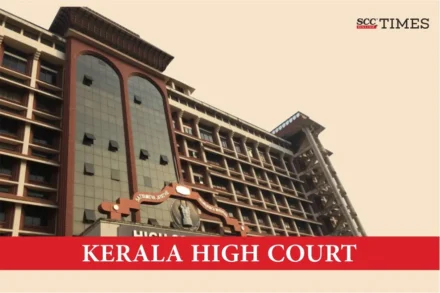
“The essence of the offence of abetment of suicide is not what the deceased felt but what the accused intended.”
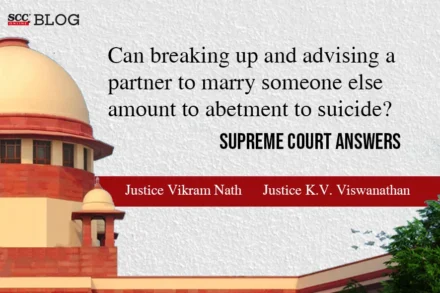
Supreme Court remarked that broken relationships and heart breaks are part of everyday life.